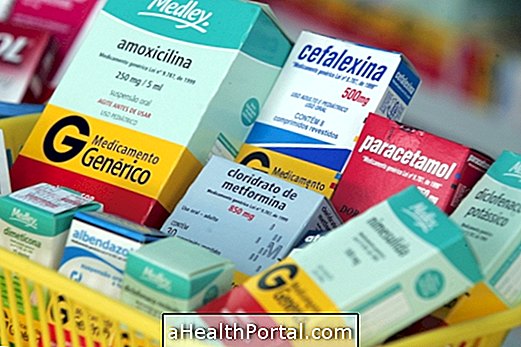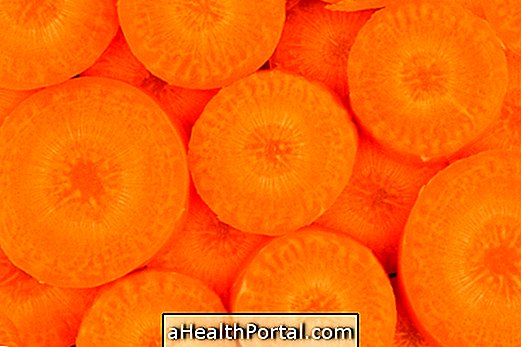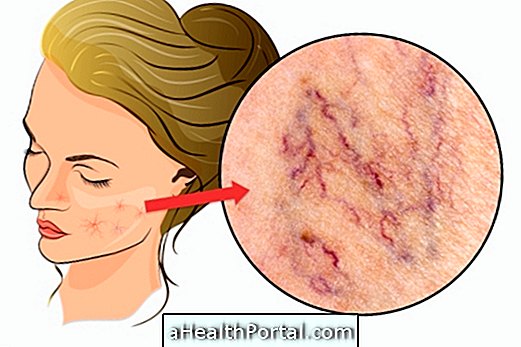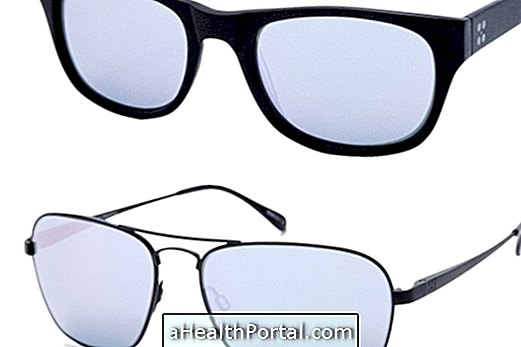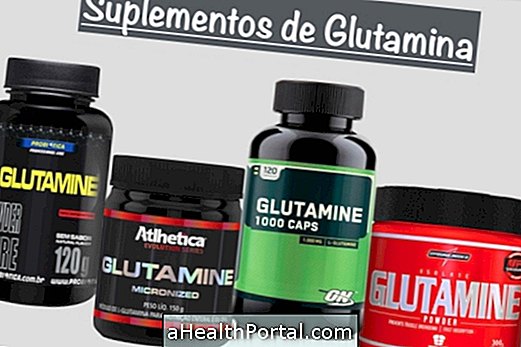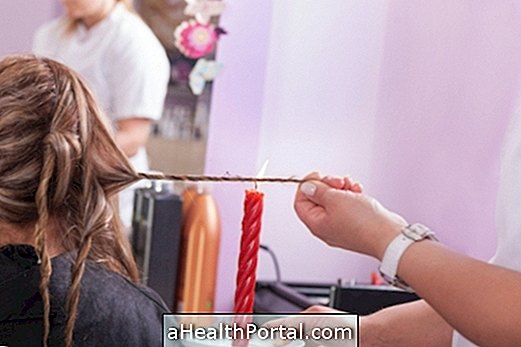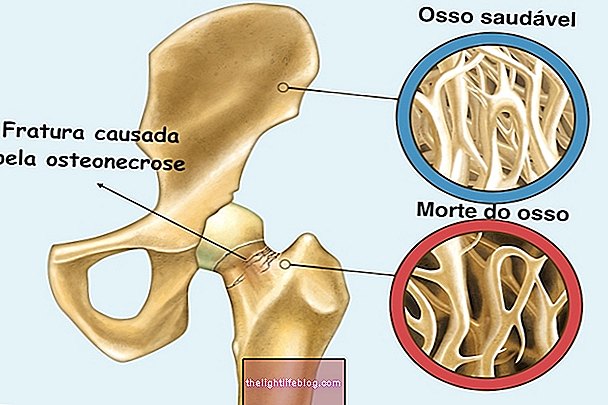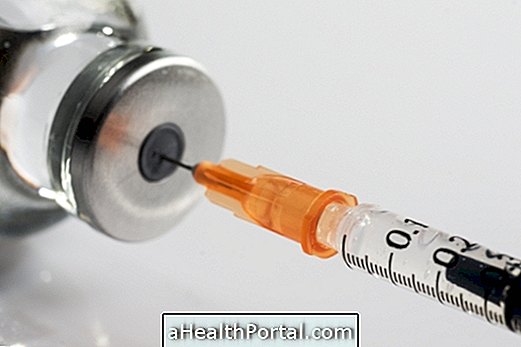Vitamin D supplements are recommended for people with vitamin D deficiency, and can be purchased at pharmacies and drugstores without a prescription, in the form of tablets or drops, such as Aderall D3.
Vitamin D has the function of increasing the absorption of calcium in the intestine to promote the formation and strengthening of bones and teeth. The deficiency in this vitamin is diagnosed through the blood test called 25 (OH) D, and can lead to problems like osteoporosis and diabetes.
Types of Vitamin D Supplements
Vitamin D can be found in drops or tablets at various dosages.
Liquid Supplements
Liquid vitamin D supplements, such as Vitta D and Font D, can be used by adults and children of all ages. The daily dose of the supplement varies according to the age and concentration of the drug, but usually 1 to 6 drops per day for children and 7 drops for adults.
Supplements in capsules
Vitamin D supplements in the form of capsules, such as Supra D and Aderall D3, may be used by children over 12 years of age and by adults, usually being found in concentrations of 200 IU to 50, 000 IU of vitamin D. The tablet supplement should be taken 1 time day, and treatment usually lasts 2 to 4 months.
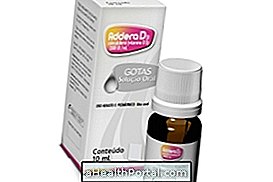

Caring for vitamin D supplementation
Using vitamin D supplements without medical advice can lead to an overdose of this vitamin, causing problems like kidney failure, hypertension, muscle weakness, constipation and vomiting.
It is also important to remember that children, pregnant women and people with kidney failure should take vitamin D supplementation only under medical guidance.
In addition to supplements, vitamin D can be found naturally in foods like fish, seafood, milk and dairy products, and is also produced by the body when the skin is exposed to sunlight. Therefore, those who need to take vitamin D supplement also need to take these care.
See too:
- Foods rich in vitamin D
- Foods rich in calcium
Find out what Vitamin D is and where to find it
